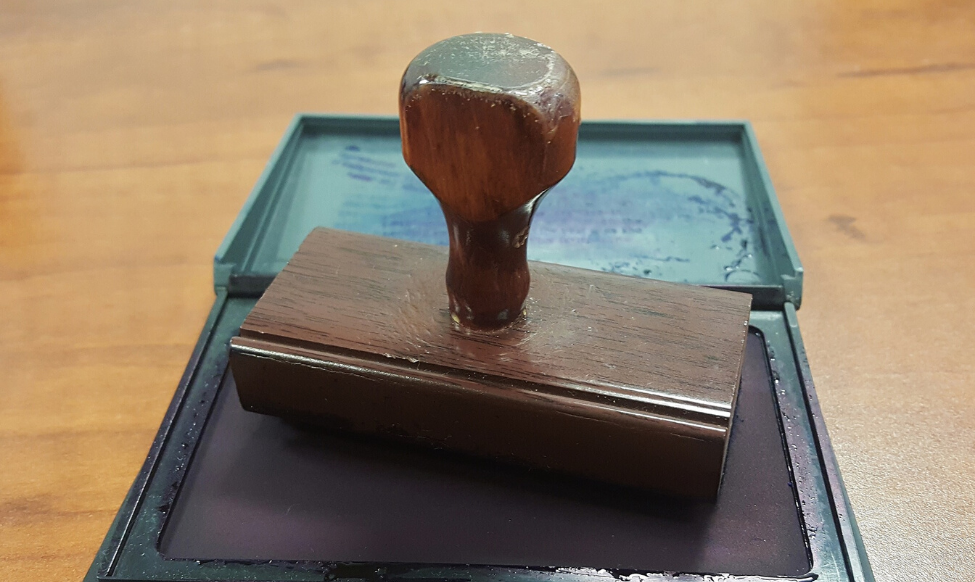Guest Post by Alan R. Sasserath, CPA, MS, Sasserath & Zoraian, LLP
Note: Please visit the S&Z blog here for additional information current as of April 3, 2020.
As you are aware, there is a lot of confusion surrounding the Paycheck Protection Program (“PPP”) – maybe more confusion than certainty.
Many of you have taken advantage of our workbook to calculate the loan amount under the PPP. We have adjusted our workbook as described below based on questions we have received:
- Q: What period should be used to calculate the “Average Monthly Payroll”?
A: Based on our reading of the law, you are to use the 12 months ending on the date of the loan applications. From a practical perspective, the banks may require you to use calendar year 2019 as indicated in the instructions to the SBA Application. You should contact your lender for guidance.
- Q: Are Independent Contractor Payments included in the definition of Payroll Costs used to determine “Average Monthly Payroll”?
A: Based on our reading of the law, they are included. This is open to interpretation, however; this Borrower Summary indicates that they are as does guidance on the JP Morgan Chase FAQ regarding the CARES Act.
- Q: What is included in the definition of “Group Health Care Benefits” used to calculate Payroll Costs? Does it only include medical or does it include vision and dental among others benefits?
A: This is subject to interpretation as there is no additional guidance in the CARES Act. We will provide additional information as it becomes clearer.
- Q: How is the $100,000 cap on per employee payroll computed?
A: Unfortunately, this too is confusing with no clear guidance. Please see “PPP Information Sheet: Borrowers.” We have highlighted several sections of the sheet that discuss this issue. Here are the areas of this document causing confusion:
The first highlighted sentence indicates: “Payroll costs are capped at $100,000 on an annualized basis for each employee.”
The next highlighted sentence indicates: “Payroll costs include: Salary, wages, commissions or tips (capped at $100,000 on an annualized basis for each employee)” and then goes on to add group health care benefits among other costs to the calculation of payroll costs and does not mention the $100,000 limitation on Payroll costs.
The third highlighted sentence states: “Payroll costs will be capped at $100,000 annualized for each employee.”
How do we interpret that? Are salary, wages, commissions or tips capped at $100,000 annualized for each employee or are Payroll costs capped at $100,000 annualized for each employee? Are both capped? The wording on the JP Morgan Chase site referred to above parrots the language in the PPP Information Sheet: Borrowers. Unfortunately, we don’t have a clear answer on that yet but we will keep you updated.
Because of the questions above, our workbook has been updated as follows:
- Independent contractors can be entered in the workbook by using the dropdown menu on tabs 2a and 2b, line 12. That functionality has always been there. Choose “Other” to enter independent contractor information.
- With regard to the $100,000 cap on employee payroll, we have two separate workbooks as follows:
- PPP loan calculation V1.1 033020 calculates the cap based on payroll costs per employee.
- PPP loan calculation V2.0 040220 calculates the cap based on Salary, wages, commissions or tips per employee and will yield a higher loan amount because of that.
Please note that the workbooks are meant to be used as a guide to calculate the loan amount. Please consult with your advisor and bank regarding the final amount of the loan.









